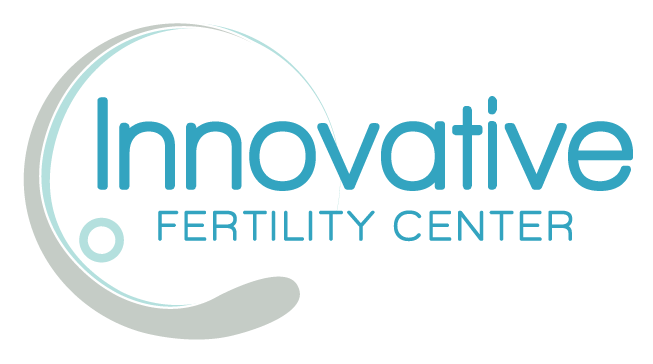Preimplantation Genetic Screening, PGS
PGS helps patients achieve successful pregnancies
Today’s reproductive technologies can advance your goal of having a successful IVF cycle, and ultimately a healthy newborn. One such breakthrough Mark Rispler MD and Joshua J. Berger MD, PhD may discuss with you is preimplantation genetic screening, PGS, which can detect chromosomal abnormalities in the embryonic stage. PGS can actually test cells from embryos during IVF. With PGS, our Manhattan Beach fertility center can analyze an embryo before it is transferred to the uterus.
Why our Manhattan Beach fertility center employs PGS
Assisted reproductive technology has allowed our Manhattan Beach fertility center to help patients build the families they desire. We utilize treatments like fertility medications, intrauterine insemination (IUI) and in-vitro fertilization (IVF) to increase the chances of pregnancy for couples who are struggling to conceive. Using PGS, doctors can glean critical information that may provide insight into recurrent miscarriages, repeated IVF failures and possible genetic abnormalities.
Understanding the science behind PGS
Human beings have 22 pairs of chromosomes called autosomes and one pair of chromosomes (X and Y) that determine gender. When a baby is conceived, the mother contributes one chromosome to each pair, and the father supplies the complimentary one. Through PGS, our Manhattan Beach fertility center can improve the odds of transferring a genetically healthy embryo, which can boost the likelihood of a successful pregnancy.
Our Manhattan Beach fertility center discusses who should consider PGS
Before recommending PGS, your doctor will review your case and determine the best course of action. Generally, he may consider PGS in the following situations:
- Individuals who have suffered recurrent pregnancy loss
- Those who have experienced repeated IVF cycle failure
- Cases involving severe male factor infertility
- Patients characterized as having advanced maternal age
- Family balancing
- Those patients desiring a single (and highest quality) embryo transfer, with higher pregnancy rate, lower miscarriage rate, and reduction of twin and triplet pregnancy complications
PGS process at our Manhattan Beach fertility center
If your doctor suggests PGS, you will begin with a routine IVF cycle, which includes ovarian stimulation, egg retrieval, fertilization in the lab and embryo transfer. Before the actual transfer occurs, a small number of cells are removed from each embryo for biopsy. This step usually occurs five to seven days after the egg retrieval. The embryos are then frozen until the doctor receives the results. Only genetically normal embryos are selected for transfer.
Our team stays up-to-date on the latest advances, so he can provide our patients with top-notch fertility treatments. Options like PGS enable us to give our patients the best opportunity to fulfill their dreams of parenthood. Contact us for more information on PGS or to schedule an appointment at our Manhattan Beach fertility center.
- IUI & IVF
- Intrauterine Insemination, or IUI
- Sperm Prep for IUI
- Candidates for IVF
- IVF for Single Motherhood
- IVF After Tubal Ligation
- Should I Consider IVF?
- In Vitro Fertilization, IVF
- IVF Consultation
- IVF Process
- Egg Retrieval
- Embryo Transfer
- Intracytoplasmic Sperm Injection
- IVF Success Rates
- Preimplantation Genetic Diagnosis & Screening
- PGS
- PGT-M
- Failed IVF Cycles
- IUI & IVF
- Intrauterine Insemination, or IUI
- Sperm Prep for IUI
- Candidates for IVF
- IVF for Single Motherhood
- IVF After Tubal Ligation
- Should I Consider IVF?
- In Vitro Fertilization, IVF
- IVF Consultation
- IVF Process
- Egg Retrieval
- Embryo Transfer
- Intracytoplasmic Sperm Injection
- IVF Success Rates
- Preimplantation Genetic Diagnosis & Screening
- PGS
- PGT-M
- Failed IVF Cycles
